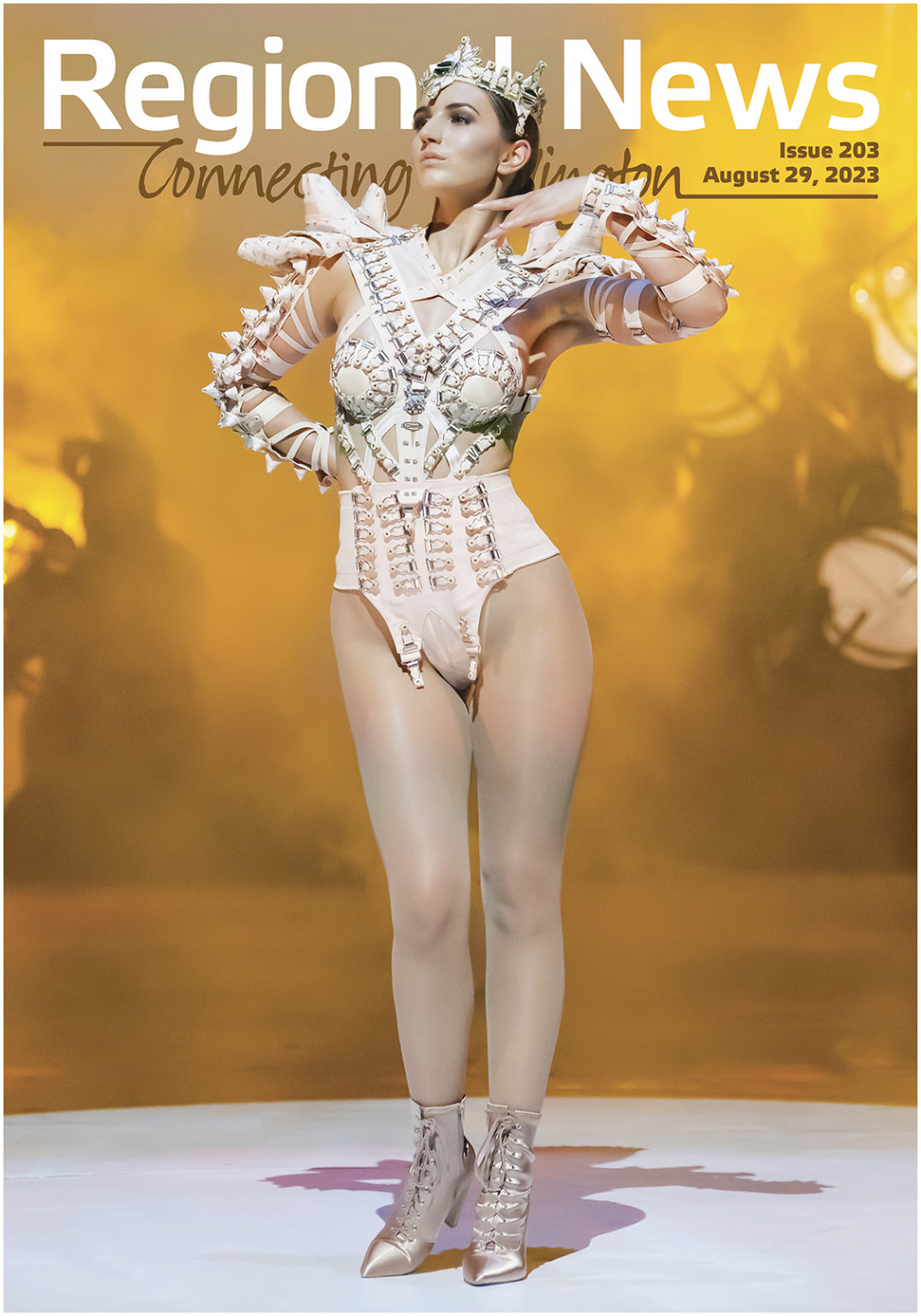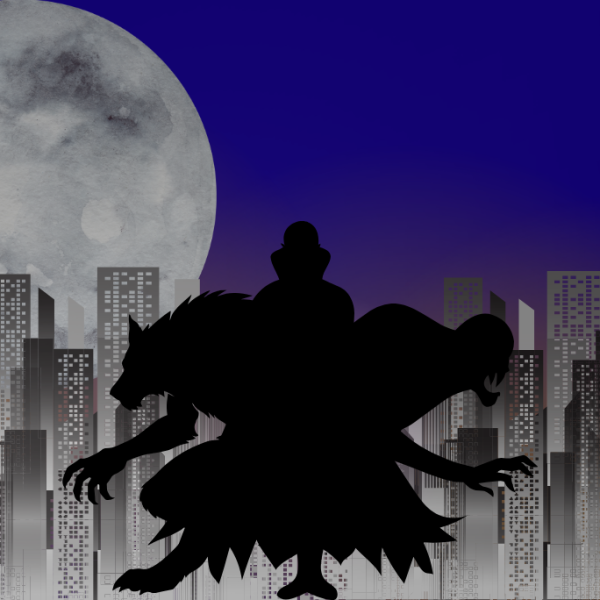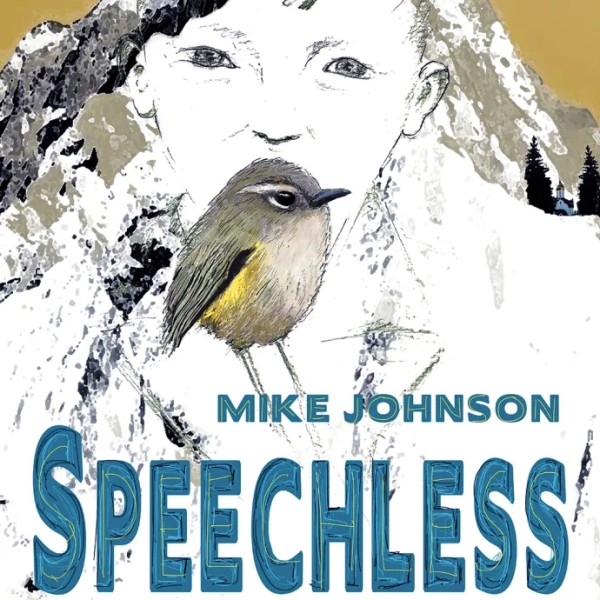
Where the voices of many women were silenced throughout history, Gloria! sings their stories from the rooftops. Screening as part of the 10th Italian Film Festival, the subtitled film begins in 1800 with the rhythms of everyday life in Venice’s Sant Ignazio College, a religious institution for girls overseen by stern priest Perlina (Paolo Rossi). Mute Teresa (Galatéa Bellugi) is at the centre of it all, a powerless servant girl trapped in a hostile environment who yearns to be the conductor of her own world. Longing to be a part of the all-women orphanage orchestra, she arranges the sounds that accompany her daily duties into drumlines and choruses. When Perlina becomes distracted by preparations for the arrival of the newly enthroned Pope, Teresa and a quartet of students begin secretly gathering each night to take turns on the piano they find hidden in the cellar, their clandestine sessions revealing hidden truths, giving birth to new compositions, and setting the girls on a new path towards autonomy.
Celebrating the lives of the many Italian women written out of the margins of music history, Gloria! speaks to anyone who has felt restrained, underestimated, and silenced. Teresa and her newfound companions Lucia (Carlotta Gamba), Bettina (Veronica Lucchesi), Marietta (Maria Vittoria Dallasta), and Prudenza (Sara Mafodda) fizz with a chemistry rivalling even the most practised quintet. Each a powerful presence in her own right, together they capture the magic of girlhood in a way that is both tender and tenacious.
Cinematographer Gianluca Palma and production designers Susanna Abenavoli and Luca Servino juxtapose shadows with highlights, giving the midnight corners more brilliance and comfort than the stark, gleaming halls of the daylight-flooded college. Director Margherita Vicario and Anita Rivaroli’s intentionally anachronistic script is sharp and scintillating, the story humming along adagio, accelerando into a crescendo that resounds with relief, vindication, and freedom.
It would be hard not to smile by the time Gloria! reaches its final note. The music that flows forth from Margherita Vicario’s directorial debut is not the dirge of a long-suppressed song but a joyous, revolutionary riot that dares viewers to shout along in solidarity.





















